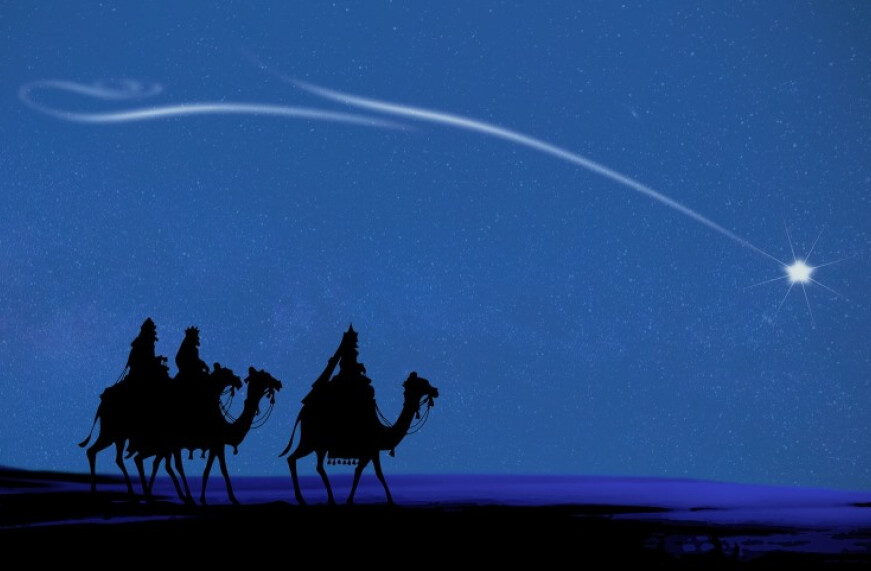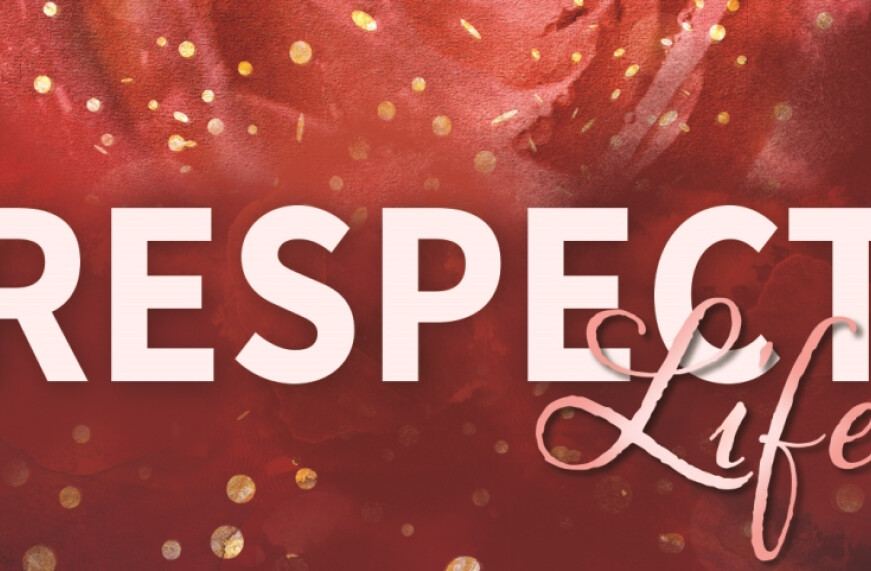Doers of the Word

How often as children were we told: “Wash your hands before coming to the table!” We hear in the gospel, that the Pharisees questioned Jesus' apostles: “Why do your disciples not wash their hands before eating?” There were many observances in Jewish laws which seem to be primarily hygienic in origin; distinctions between foods that were “clean” and “unclean” as well as certain foods that could be dangerous to eat, and eating with dirty hands that could be a source of disease or sickness. Attaching a religious sanction to the recommended behavior helped to insure adherence to the law.
By the standards of the day, the disciples were indeed breaking the Jewish law, but Jesus speaks of where real uncleanness comes from. The source of uncleanness is not with any food or drink that comes from outside. Real uncleanness comes from what’s found in our hearts, from within us. Washing hands does nothing to change that!
Jesus is challenging the Pharisees, and all of us, to be people who demonstrate our faith not by external observances, but by the depth and breadth of the love found in our hearts. In many ways, Jesus is reminding us that our religious practices, our faith, have to be better than mere externals. It’s really about an inner conversion, a transformation that calls us to a change of heart and a deepening of our personal relationship with God, Jesus, and love for one another.
St. James tells us that we are to “be doers of the word and not hearers only.” He teaches the importance of faith in action which comes from the heart. Each week, we will have many encounters and opportunities with other people. Will I be a more loving, caring and compassionate person.…will I “become Christ, each for the sake of all”?


